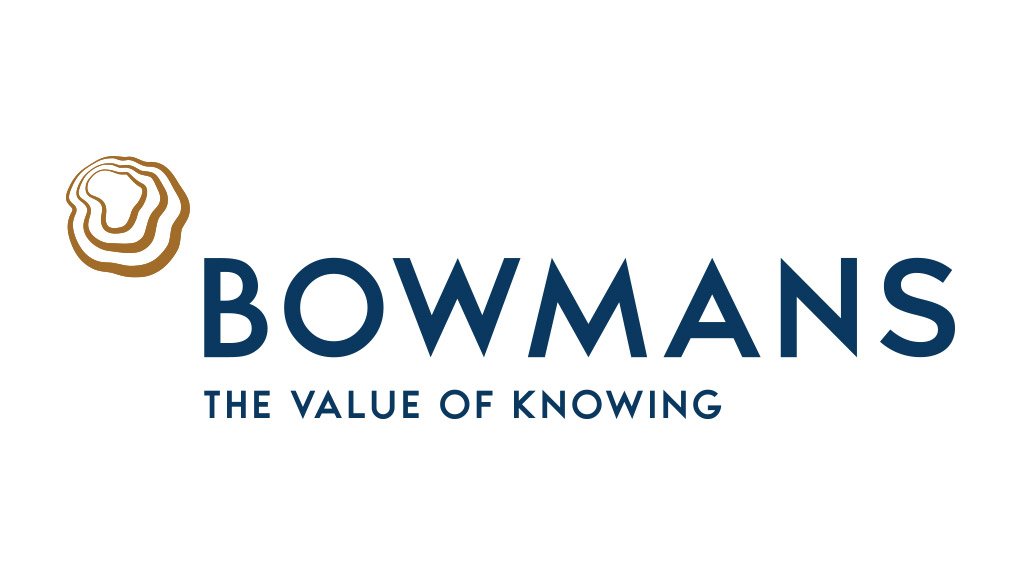The National Treasury’s publication of the 2025 Draft Taxation Laws Amendment Bill and the accompanying Explanatory Memorandum on 16 August 2025 introduces significant revisions to the hybrid-equity rules in section 8E of the Income Tax Act, 58 of 1962.
Because many banks and other financial institutions participate as preference shareholders in funding transactions, the proposed changes warrant careful consideration.
Further, almost all BEE transactions, several renewable energy transactions and many other acquisition and M&A transactions are funded through these instruments and the implementation of this proposed legislation would have an immediate impact on existing transactions as the cost of funding will materially increase. It will also stifle any similar proposed transactions.
It is stated that the principal policy objective underpinning the draft legislation is to ensure that the tax character of an instrument reflects its economic substance. Treasury considers that certain preference shares, although issued in legal form as equity, function economically as debt and therefore produce tax outcomes that are misaligned with their substantive risk and return profile.
To address this concern, the Bill proposes to redefine the terms ‘financial instruments’ and ‘hybrid equity instrument’ in section 8E so that it captures a far wider range of arrangements than those currently within scope.
First, the draft redefinition would include within the concept of a hybrid equity instrument any share or financial instrument (as redefined) that is or would be in the future recognised, in the hands of the issuer, as a financial liability for International Financial Reporting Standards (IFRS) purposes.
In other words, the issuer’s legal form is no longer determinative; if, applying the IFRS classification principles, the instrument is treated as debt in the annual financial statements of the issuer, it will constitute a hybrid equity instrument for income-tax purposes for the holder.
The Explanatory Memorandum explicitly states that the tax legislation is leveraging the ‘rigorous classification principles’ of IFRS to align tax outcomes with economic reality. However, the tax treatment will still not align with the accounting treatment, which treats the instrument as debt both for the holder and the issuer.
Second, the amendment proposes to delete the current three-year redemption test, under which a preference share is only a hybrid equity instrument if the issuer is obliged to redeem or the holder has a right to claim redemption within three years of issue. Once the time-based safe harbour is repealed, any instrument that is classified as debt under the IFRS, regardless of its contractual tenure, will fall within section 8E.
Consequently, the dividend yields on these instruments will be re-characterised as income (not interest) in the hands of the holder. However, the issuer’s distributions will not be treated as interest notwithstanding the re-characterisation of the instrument as debt.
The practical effect of these changes is that most commercially issued preference shares are expected to fall within section 8E once the amendments become operative. Most preference share funding structures rely on contractual redemption obligations together with dividend distributions. Therefore, distributions paid after the effective date will no longer be exempt dividends in the hands of recipients but will instead be subject to normal income tax, and the issuer will not be entitled to any deduction for the payment of the dividends.
Treasury has invited public comments on the draft legislation by 12 September 2025, and it is anticipated that the proposed amendments will elicit robust opposition from industry participants, including ourselves and other professional advisers.
Written by Wally Horak, Head of Tax, Cape Town, Jan Kruger and Amanda Jones, Partners and Michael Rudnicki, Executive: Tax, Bowmans
EMAIL THIS ARTICLE SAVE THIS ARTICLE ARTICLE ENQUIRY FEEDBACK
To subscribe email subscriptions@creamermedia.co.za or click here
To advertise email advertising@creamermedia.co.za or click here











